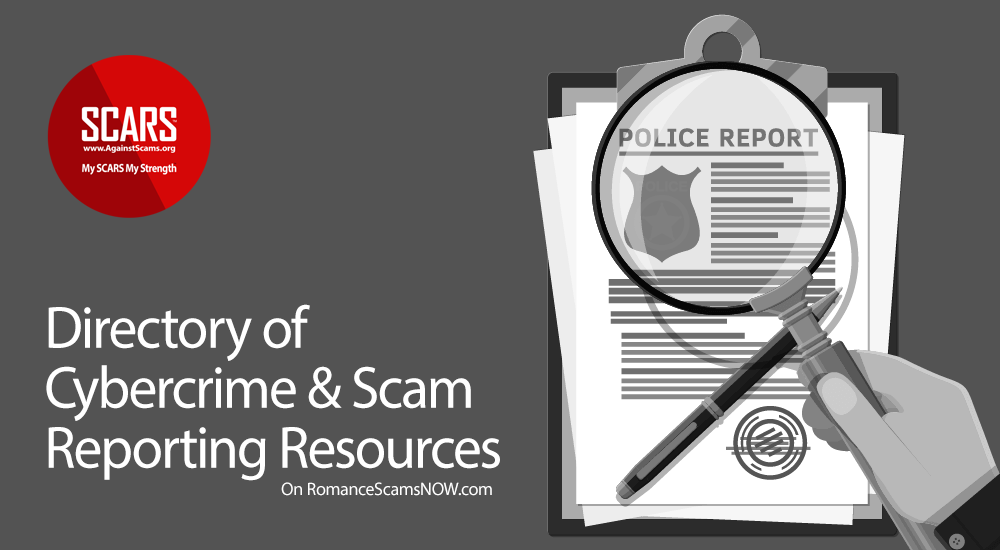Confusion About Law Enforcement
Thank you Vianey Gonzalez of SCARS|Latinoamerica for asking this question
LAW ENFORCEMENT
Law enforcement agencies around the world have the mission of accepting reports from victims, investigating crimes, and arresting alleged criminals. That is their job regardless of which country they are in.
There are also, different levels for their agencies of public security. There are local, state or provincial, and national. They can also have specializations, such as anti-terrorist, financial crimes, regulatory offenses, etc.
EUROPOL
In the case of EUROPOL – this is a police – law enforcement agency of the Council of Europe – in other words, Europe acting as a country has a national police force called Europol, as well as a national Justice agency called Eurojust. Each member country in the European Union also has its own local, regional, and national police agencies with jurisdiction in its country.
This is one of the unique things about Europe – it acts as a single country in many ways, and there is no equivalent anywhere else.
When reporting a crime in Europe, it is not (generally) reported to Europol because Europol is NOT a first responder – each country provides that role on the local level. Some crimes, such as cybercrime are reported at the regional or national levels, only the most serious crimes go directly to Europol.
Europol does have a central information resource with EC3 – https://www.europol.europa.eu/about-europol/european-cybercrime-centre-ec3 but it is not a replacement for local/regional/national law enforcement – in that way it is very different from IC3.gov which is the FBI’s reporting portal.
Agencies like the FBI, Secret Service, RCMP, etc., are also national law enforcement.
INTERPOL
Interpol is NOT a law enforcement agency. It is a coordination clearinghouse for information about crimes to its member countries.
It collects information and shares it between the national agencies that are members of Interpol. In this capacity, it is a nonprofit nongovernmental organization.
Interpol does not investigate crimes. It has no police officers. Though it does coordinate with police agencies around the world in specialized ways to aid them in doing their work.
Crimes are not reported to Interpol by the public – they are not a first responder.
FTC – FEDERAL TRADE COMMISSION
Similarly but different, in the United States we have several agencies that have specific regulatory authority. One of those is the FTC.
Reporting to the FTC: https://reportfraud.ftc.gov/#/?orgcode=SCARS
The FTC is also not a law enforcement agency – exaction, though sometimes they are more like one. They do accept complaints, and they do investigate, but then the similarity with law enforcement ends. To enforce the law they go to court – usually civil court at the federal level to obtain judgments and orders – many times those will be enforced by police if needed.
They will also act as a clearinghouse for complaints and routing criminal issues to other law enforcement agencies, such as the FBI/DoJ, Homeland Security, Secret Service, SEC, etc. The FTC plays well with others, unlike the FBI. In this way, they are similar to Interpol and to Europol.
The U.S. has a couple of hundred such agencies like the FTC – such as the FCC, EPA, and so many that you need a directory. Each has its regulatory mandates.
The value of the FTC as a reporting agency is that they distribute complaints where they need to go. Other agencies do not – it begins and ends in their databases – such as IC3.gov.
Summary
Understanding what law enforcement is or is not is central to being able to take effective action again online criminals.
SCARS publishes a directory of these agencies at https://romancescamsnow.com/reporting-entity-directory/
It is important that you understand what resources are being provided to you to help you make informed decisions about your actions.
Please be very careful of accepting factual information from anyone that is clearly not an expert in these subjects.
Please share your feedback with us?
SCARS Team




Leave A Comment